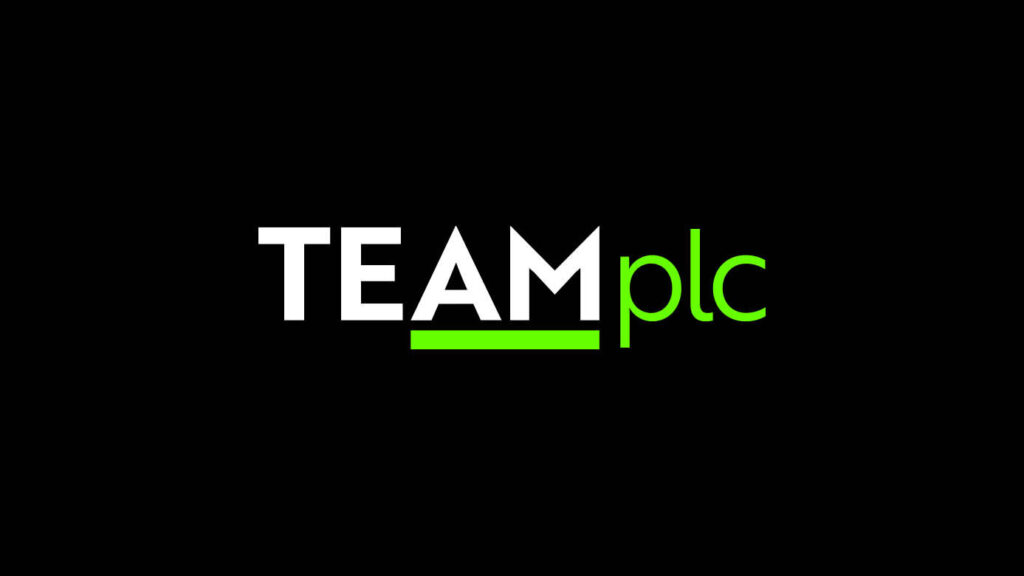In the short week following the late summer bank holiday, it felt like a throwback to the 1990s, with the Labour Party’s tax plans and Britpop band Oasis in the headlines. The Government is considering a smoking ban in outdoor spaces such as beer gardens, a move that has provoked strong opposition from struggling pub owners still recovering from the pandemic and the cost-of-living crisis.
Chancellor Rachel Reeves is poised to push forward with aggressive tax reforms, including the concept of “fiscal drag” — a type of stealth tax where inflation and wage increases push people into higher tax brackets, raising their tax burden without changing the actual tax rates. Many could end up paying more tax even if their income hasn’t significantly increased in real terms.
Inheritance Tax (IHT) is also on the agenda, with potential changes that could raise rates or limit allowances. Although it is widely disliked, there are ways to mitigate IHT, such as leaving assets to a spouse, civil partner, or children, but Reeves may seek to tighten these options. Some fear these reforms could negatively impact growth, predicting that the UK economy may slow from 2.5% to 1% due to potential capital flight.
Another possible change is aligning Capital Gains Tax with Income Tax rates, which could see the higher rate jump from 20% to 45%. Meanwhile, German inflation has dropped to 2%, its lowest since 2021, driven by reduced energy costs. This positions Germany, alongside Spain, with inflation at or below the European Central Bank’s target, raising hopes for another interest rate cut across the Eurozone.
Across the Atlantic, the US economy showed unexpected strength, with Gross Domestic Product revised upwards to an annualised 3% for the April-June quarter, thanks to increased consumer spending. In lighter news, anticipation is high in the UK for Oasis tickets going on sale soon.
In corporate circles, Warren Buffet’s Berkshire Hathaway hit a major milestone, becoming the first non-tech company to reach a trillion-dollar valuation. Buffet, now 94, remains a legendary figure in the investment world, though finding a successor to his iconic leadership will be a major challenge for the firm.
Football fans will recognise the difficulty of replacing legends, as Manchester United has struggled to replicate Sir Alex Ferguson’s success since his 2013 departure. Meanwhile, Manchester City, the team favoured by Oasis’s Gallagher brothers, has won the Premier League title seven times during the same period.
Ryanair’s CEO Michael O’Leary made headlines last week when he suggested passengers should be limited to two drinks at airports, but the markets focused more on his forecast that airfares would only fall by 5% over the winter. This news saw Ryanair’s shares rise by nearly 5%. However, airlines in Colombia had a tougher week as they were forced to cancel flights due to jet fuel shortages caused by a failure at the state-owned Cartagena refinery.
Artificial intelligence chipmaker Nvidia reported strong second-quarter results, with revenue of $30 billion, surpassing forecasts. However, despite earnings per share also exceeding expectations, its stock fell over 6% due to underwhelming sales projections.
Gold prices hit an all-time high of $2,531.60 per ounce last week, driven by expectations that the US Federal Reserve might cut interest rates. The news rekindled memories of Gordon Brown’s decision to sell off a large portion of the UK’s gold reserves at less than $300 an ounce at the turn of the century, a move widely criticised in hindsight.
The week was filled with economic shifts, corporate milestones, and nostalgic headlines, with potential policy changes likely to have lasting effects on both the UK economy and global markets.
TEAM plc (LON:TEAM) is building a new wealth, asset management and complementary financial services group. With a focus on the UK, Crown Dependencies and International Finance Centres, the strategy is to build local businesses of scale around TEAM’s core skill of providing investment management services.


